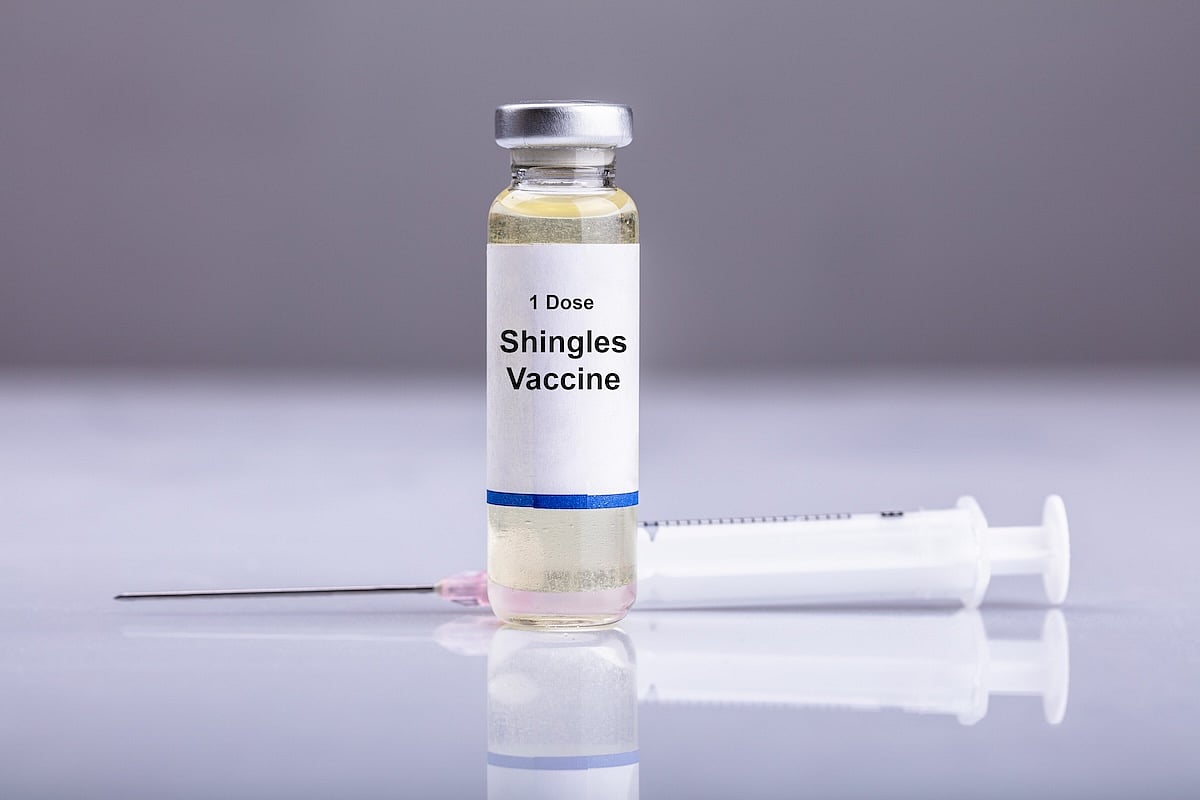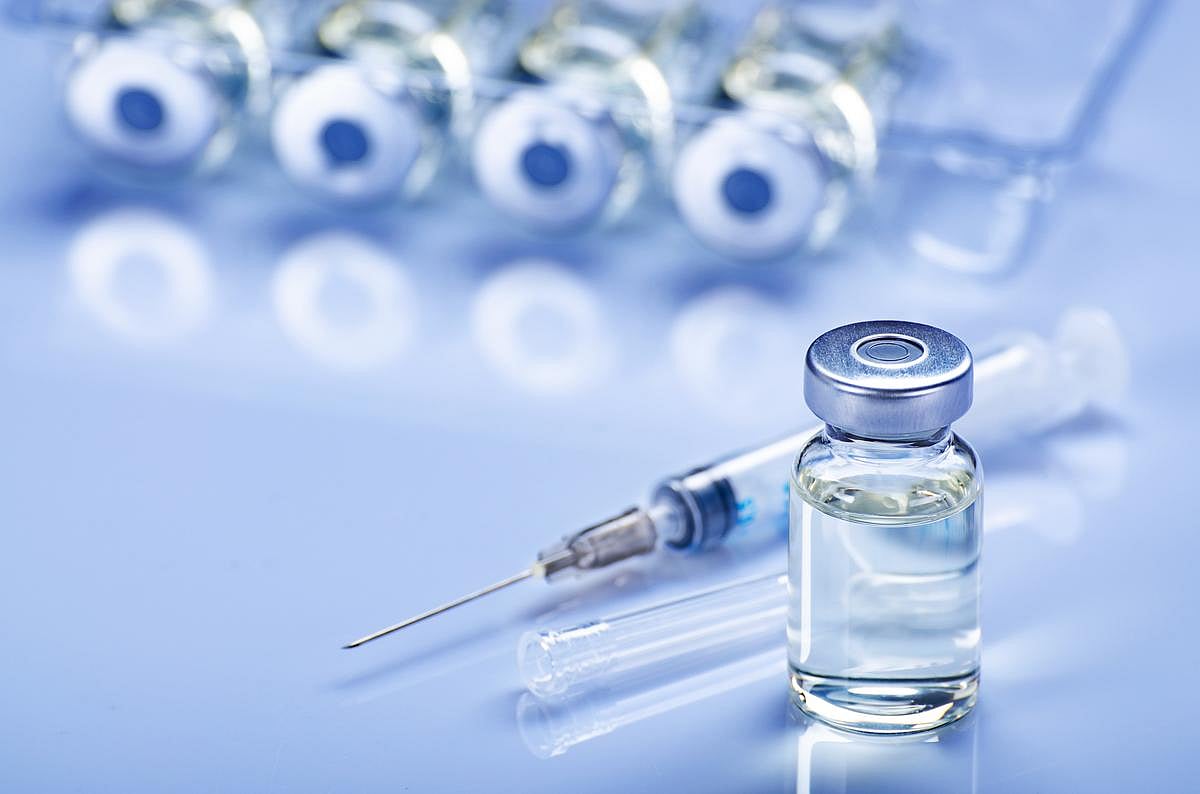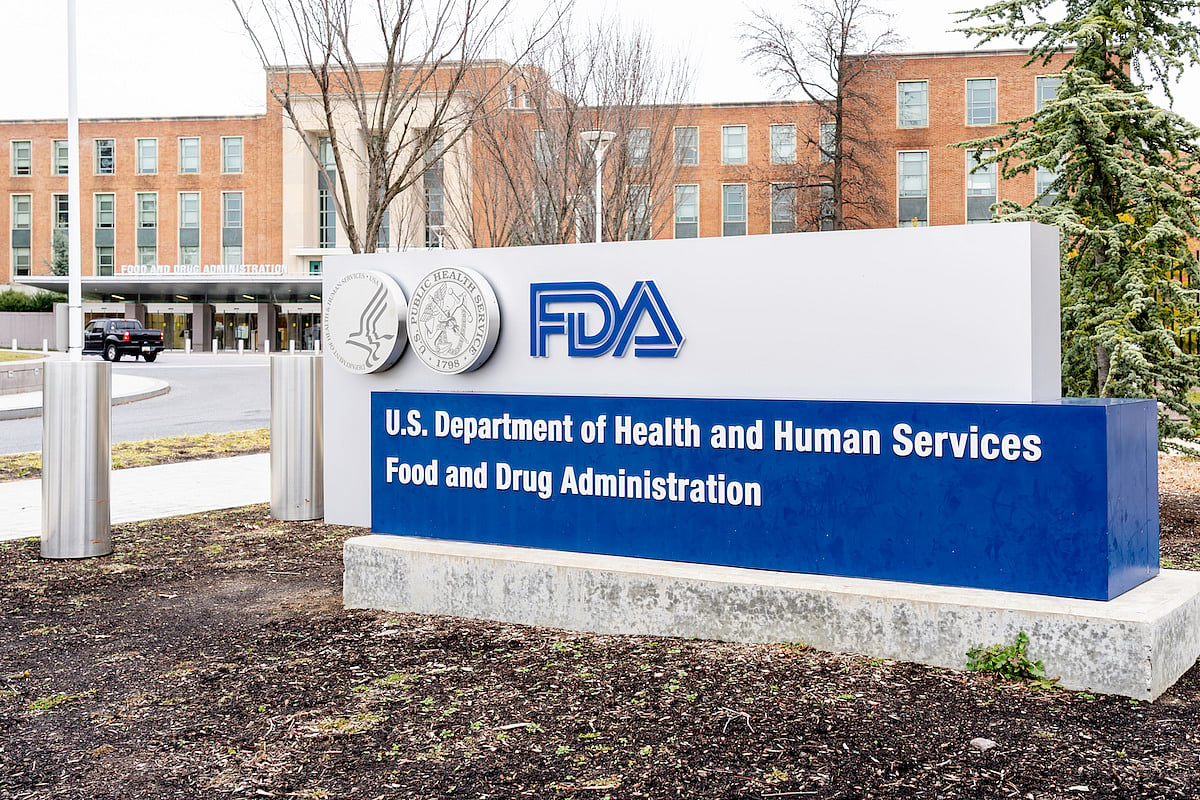
THURSDAY, April 3, 2025 — Can’t get your teenage girl off her smartphone, iPad or laptop? This could cost her much-needed sleep and increase her risk of depression, a new Swedish study says. Teenagers who spend more time on screens tend to get worse sleep, both in terms of sleep quality and duration, researchers reported… read on > read on >















.jpg)













